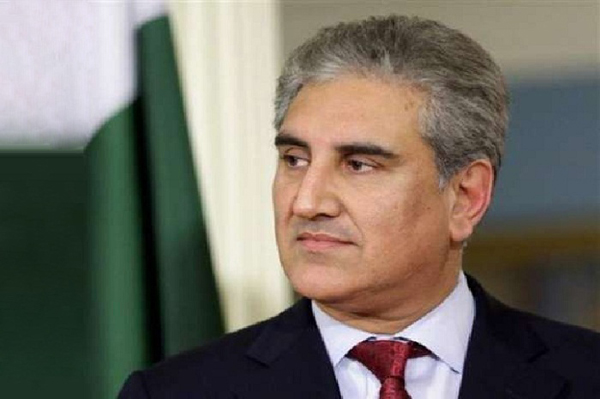kistans-development-777b4e19a393f23031ede0fda1f1ee37.jpg">
ISLAMABAD: The Pakistan Institute of Legislative Development and Transparency (PILDAT) have termed tax exemptions for importers of cellular phones and textile goods as a milestone in the development of Pakistan’s democracy, hailing the Supreme Court’s judgment issued on Thursday (Aug 18) on Civil Appeals no 1428 this year.
While lauding the Supreme Court’s judgment, PILDAT welcomed the declaration of Rule 16 (2) of the Rules of Business of the federal government, giving prime minister the power to bypass the Cabinet as ultra virus.
The PILDAT considers the judgment to be a critical indictment of the personalised form of governance centered on the office of prime minister, which has been the hallmark of various governments of different political parties in Pakistan.
It emphasised that the centrality and discretionary powers, which have come to be associated with the office of the prime minister perpetuated a Prime Ministerial form of the government instead of a parliamentary one, as originally envisaged by our Constitution, especially after the 18th Amendment.
An unfortunate consequence of this has been the dormancy of various official forums for consultation and decision-making. Like, federal cabinet has been detrimentally sidelined the decision-making structure under the incumbent government, it said.
According to PILDAT, it was only able to meet a dismal 20 times; a mere 12 percent of the total of 167 times it should have met till now. This lack of collective consultation and decision-making is not only reflected in the dormancy of the cabinet, but also amongst the Council of Common Interest (CCI) and the National Security Committee (NSC), while no meaningful consultation seems to be taking place on important governance matters within the political parties as well.
PILDAT has already maintained that as per the Article 90 and 91(6) of the Constitution of Pakistan, the cabinet, which includes the prime minister along with other ministers, is collectively responsible as the federal government, which exercises the executive authority of the federation.
The judgment reaffirmed the same in its incisive manner by stating that the prime minister is the head of the cabinet but he can neither supplant nor replace it, as he cannot exercise its powers by itself, PILDAT said.
PILDAT, in its commendation, cited a section of the judgment, which decries this Prime Ministerial form of government as ‘simply inconceivable and the antithesis of a constitutional democracy, which would amount to a reversion to a monarchial form of government’.












